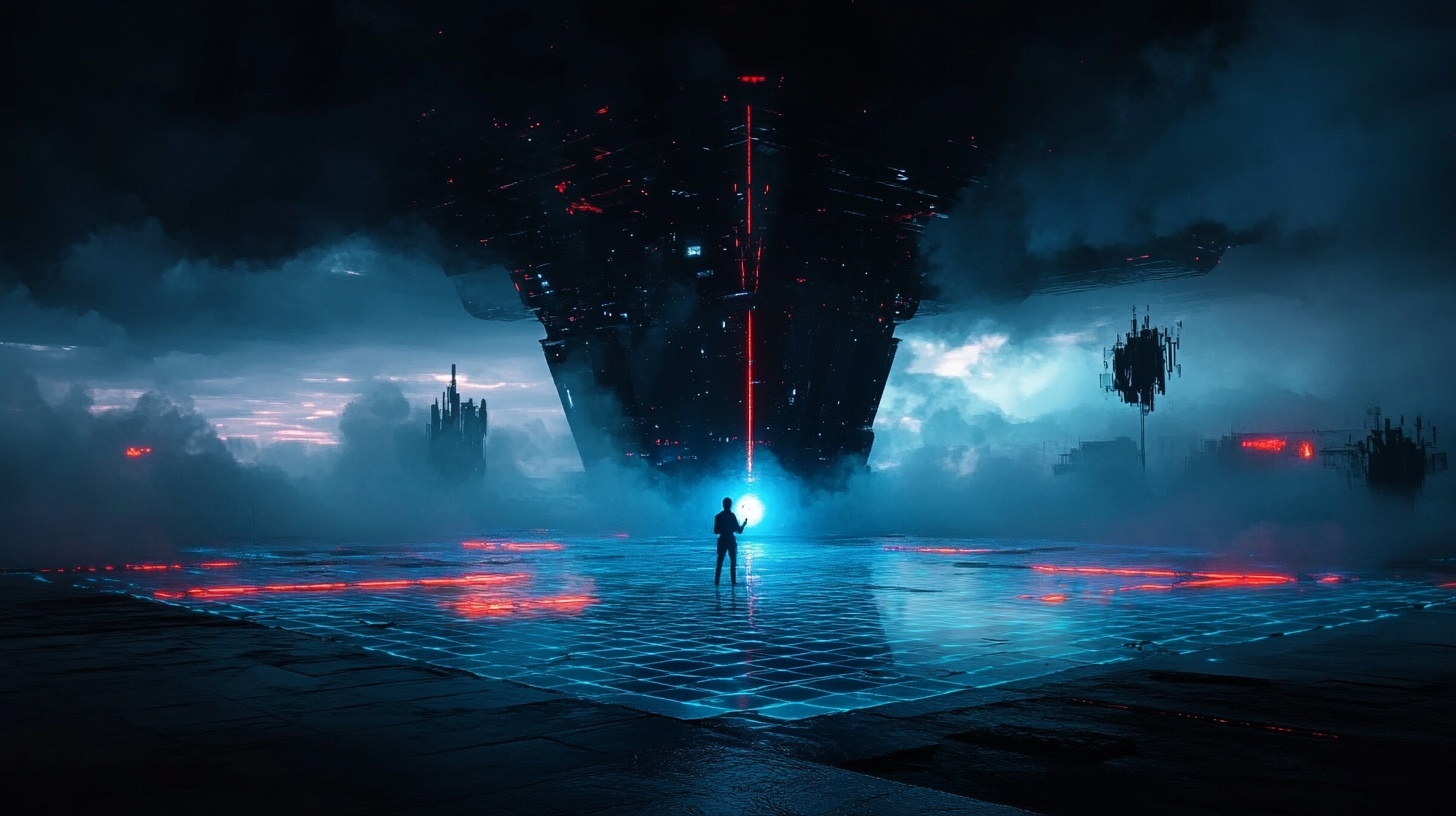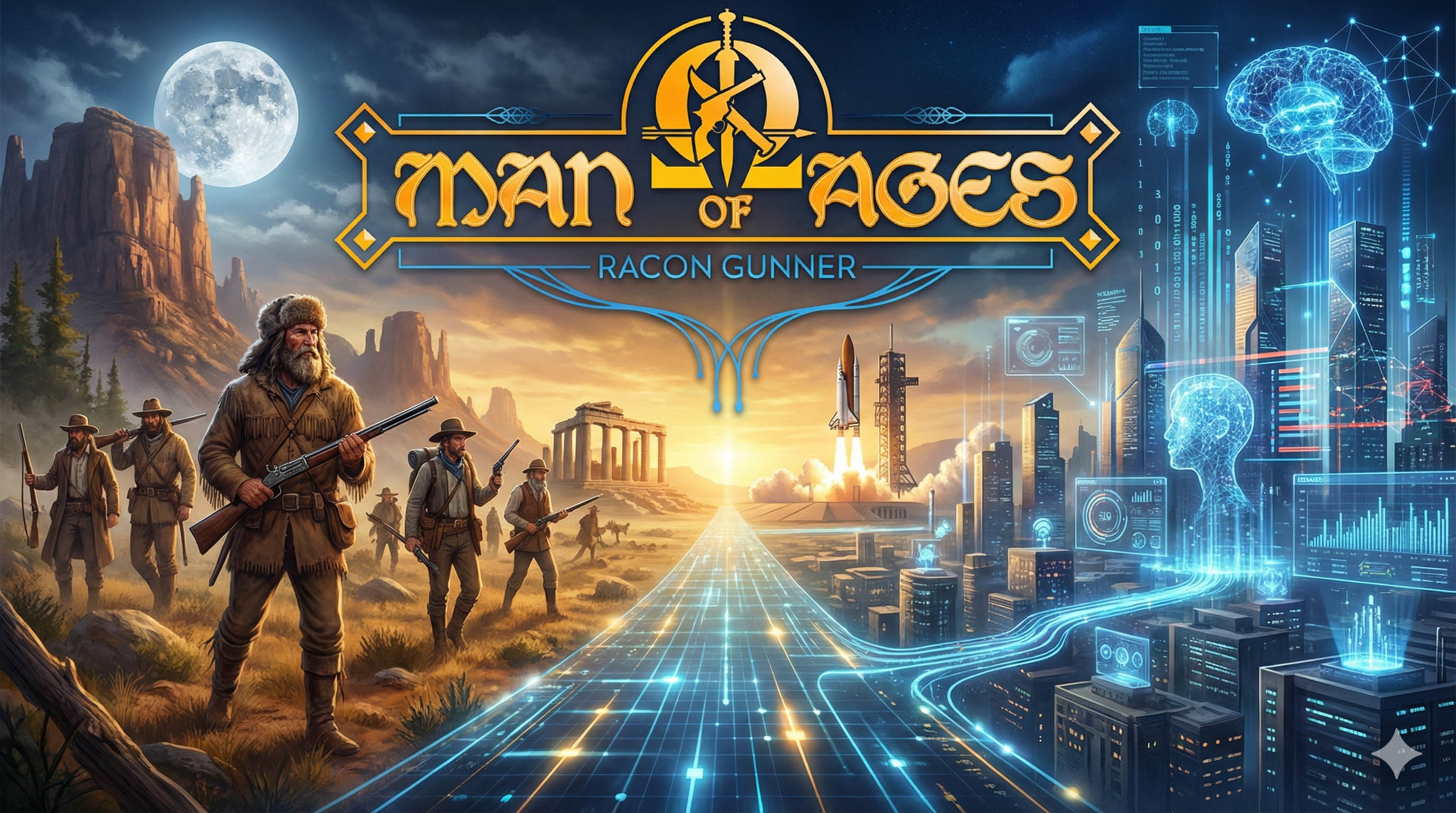
There’s a tired argument dragging itself across the internet these days—like a wounded outlaw clinging to its last scraps of relevance—and it goes something like this: “AI is stealing from artists.” This narrative, repeated with religious fervor, is built on a misunderstanding of how creation works and a deep fear of obsolescence masquerading as moral outrage.
Let’s be clear: AI is not “stealing” just because it was trained on the internet. The only time it crosses a line is when it’s used to generate content that directly lifts from copyrighted or trademarked intellectual property. If you use AI to spit out a fake Spider-Man trailer and try to pass it off as original—yeah, that’s theft. But if you use it to forge something new, invent your own hero, write your own myth, paint your own cosmic battlefield? That’s not stealing. That’s the next evolution of storytelling. And the people crying foul know it.
If you think today’s AI debate is something novel, you haven’t been paying attention to history. Every major technological shift in the arts has been met with kneejerk fear, condescension, and angry cries of “cheating.”
When Disney’s Tron (1982) pioneered extensive computer-generated imagery (CGI), many in the film industry weren’t ready to accept it as legitimate. In fact, Tron was disqualified from the Best Visual Effects Oscar because the Academy felt that using computers was “cheating”theguardian.com. Even Disney’s own traditional animators were skeptical – they saw the CGI work as “computers just making effects” rather than real animationtheguardian.com. This early backlash against CGI as an “unearned” shortcut parallels today’s debates about AI, showing how each new tool initially faces resistance before becoming mainstream.
The rise of digital tools like Adobe Photoshop in the 1990s sparked similar anxieties in the art world. Many traditional artists derided digital art as “cheating” or too “easy,” implying that using software required less skill than classical methodstheguardian.com. For example, by 2007 artist Idris Khan noted “a lot of art people hate to use the word ‘Photoshop’, like it’s cheating or easy or something.” He flatly rejected this notion, calling Photoshop “my tool, my paintbrush”theguardian.com. In time, Photoshop became an accepted standard in creative workflows – much as airbrushes did before – underscoring that these digital techniques are simply new tools rather than the end of “real” art.
As Hollywood transitioned from celluloid to digital video in the late 1990s and early 2000s, it faced yet another familiar dispute. When George Lucas released Star Wars: Episode II – Attack of the Clones (2002) shot entirely on digital cameras, industry veterans openly questioned whether a movie without physical film stock should qualify for Oscarslatimes.com. The Academy of Motion Picture Arts and Sciences even convened to define “what does it mean to be digital” and whether an all-digital production might be disqualified as not a true “film”latimes.com. Of course, digital cinematography quickly proved its worth and is now standard – just as sound replaced silents and color eclipsed black-and-white. Indeed, as the Los Angeles Times noted during that period, “from the introduction of sound to the advent of color, each significant technological shift in the film industry has wrought havoc on some level” before eventually being embracedlatimes.com. This echoes the pattern we see with AI tools today: initial pushback gradually giving way to acceptance once the new technology demonstrates its creative value.
This echoes the pattern we see with AI tools today: initial pushback gradually giving way to acceptance once the new technology demonstrates its creative value.
The real complaint isn’t that AI “steals”—it’s that AI levels the playing field. It gives visionaries without technical training a way to realize their dreams. It’s the equivalent of giving the caveman a blowtorch. It’s the printing press all over again. It’s word processors replacing the typewriter. It’s the motorcar outrunning the horse—not stealing its job, just proving it was always slower.
Some people say, “But AI is optimizing tasks that used to require manual skill!” Yeah. That’s what every invention since the wheel has done. That’s the whole point.
You don’t get to cry foul just because the tools got sharper.
If artists truly believe that using AI or digital tools is cheating, then fine. Let’s go full analog. Let’s have two categories—like weight classes in boxing. I propose that all prestigious art and film awards should be split cleanly:
Let’s elevate the traditional masters to their rightful stage, and let the digital and AI pioneers fend for themselves in the chaos of a new frontier.
You can’t have it both ways. If you're going to stand behind the claim that AI art is "cheating," then have the guts to stand on your own purist pedestal—no tablets, no Photoshop, no digital cameras, no ProTools, no Final Draft.
Put down your Wacom pen and pick up a brush. If your talent is real, it will shine through.
Otherwise? Stop whining and make your art.

